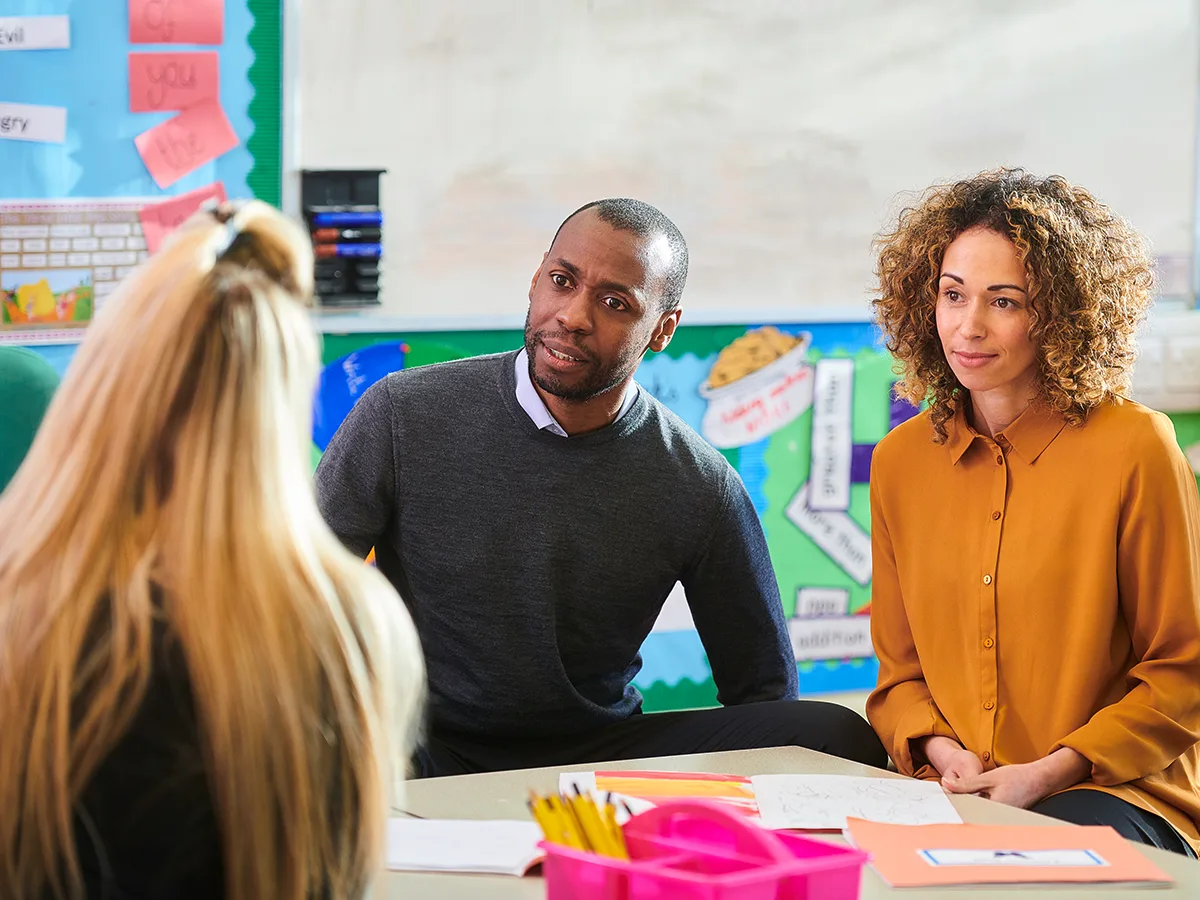7 tips for building a good relationship with your child’s teacher
Having a good relationship with your child’s teacher will make it easier for you to share concerns and work together to help your child thrive. Here are some tips for building a partnership.
1. Meet with the teacher and staff early.
Teachers are usually swamped at the start of the school year. But try to meet as soon as the teacher can. (You might even be able to connect before the year begins.) At your first meeting, find out how the teacher prefers to communicate — by phone, email, or some other method.
2. Help the teacher get to know your child.
Sharing information is key to a good parent-teacher relationship. Tell the teacher about your child’s interests, strengths, and challenges. If your child has an IEP, give the teacher a copy if they don’t have it already. And let the teacher know about situations outside of school that might impact your child’s learning or behavior.
3. Be respectful of the teacher’s time.
Be on time for appointments, whether they’re phone calls, video meetings, or parent-teacher conferences. Try to wrap things up within the allotted time. The teacher may have other parents scheduled after you — or other meetings and commitments. You can always set up another call to finish up.
4. Recognize the teacher’s efforts.
If you’re meeting in the classroom, look for displays of students’ work or teaching materials that you can compliment. If you’re somewhere else, start things off with a positive statement, like something your child enjoys about the teacher’s class.
5. Never talk negatively about a teacher in front of your child.
Showing your respect for a teacher will set a good example for your child.
6. Participate in school events.
Take part in school events when possible. This shows that you’re part of the school community and want to be supportive. Offer to volunteer in a way that works for you, whether it’s at school or at home on your own time.
7. Say “thank you.”
Show your appreciation for the big — and little — things the teacher and other staff do for your child. Thank-you notes and emails can go a long way toward building positive relationships.
Learn more about partnering with your child’s teacher.





